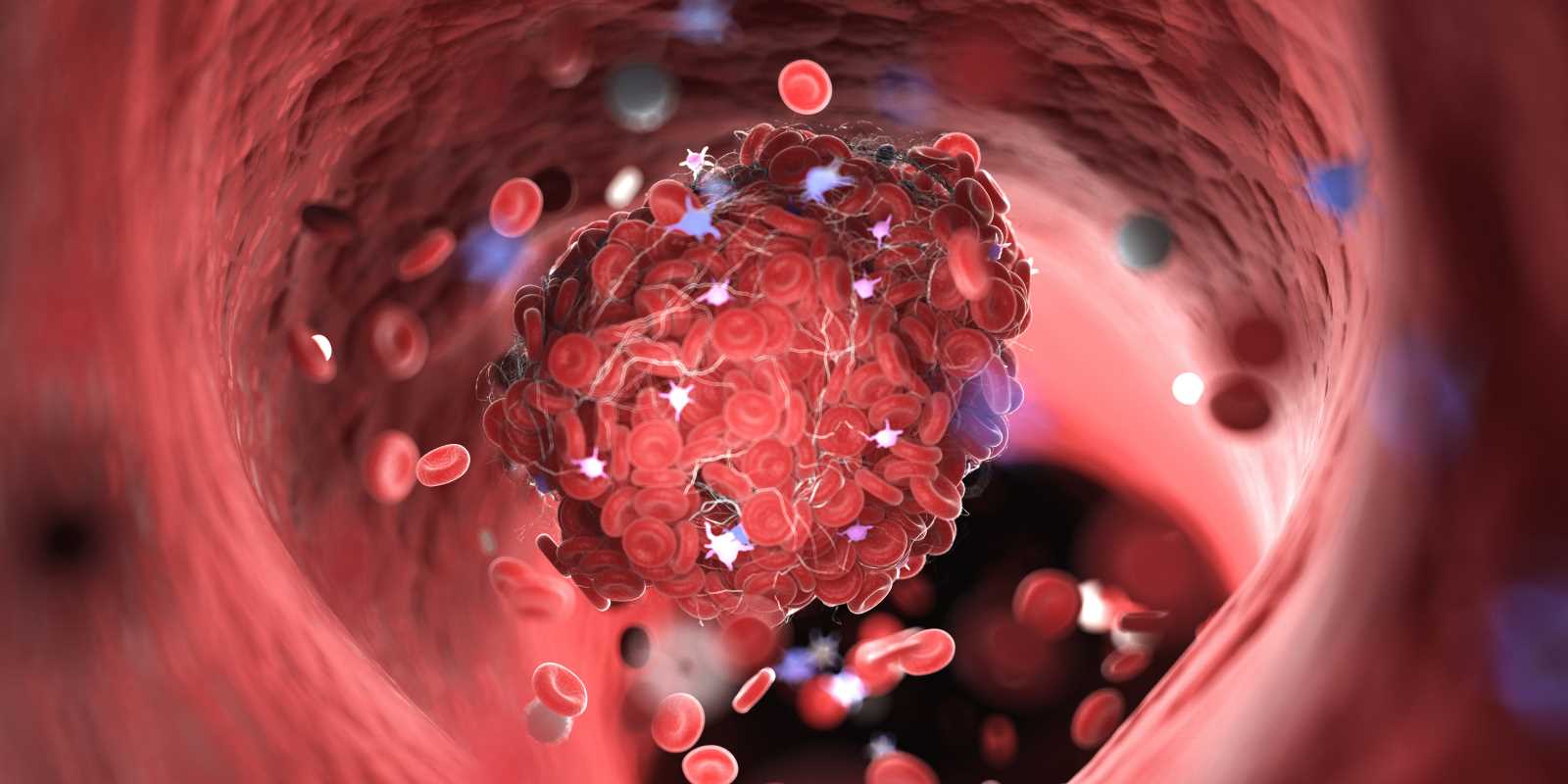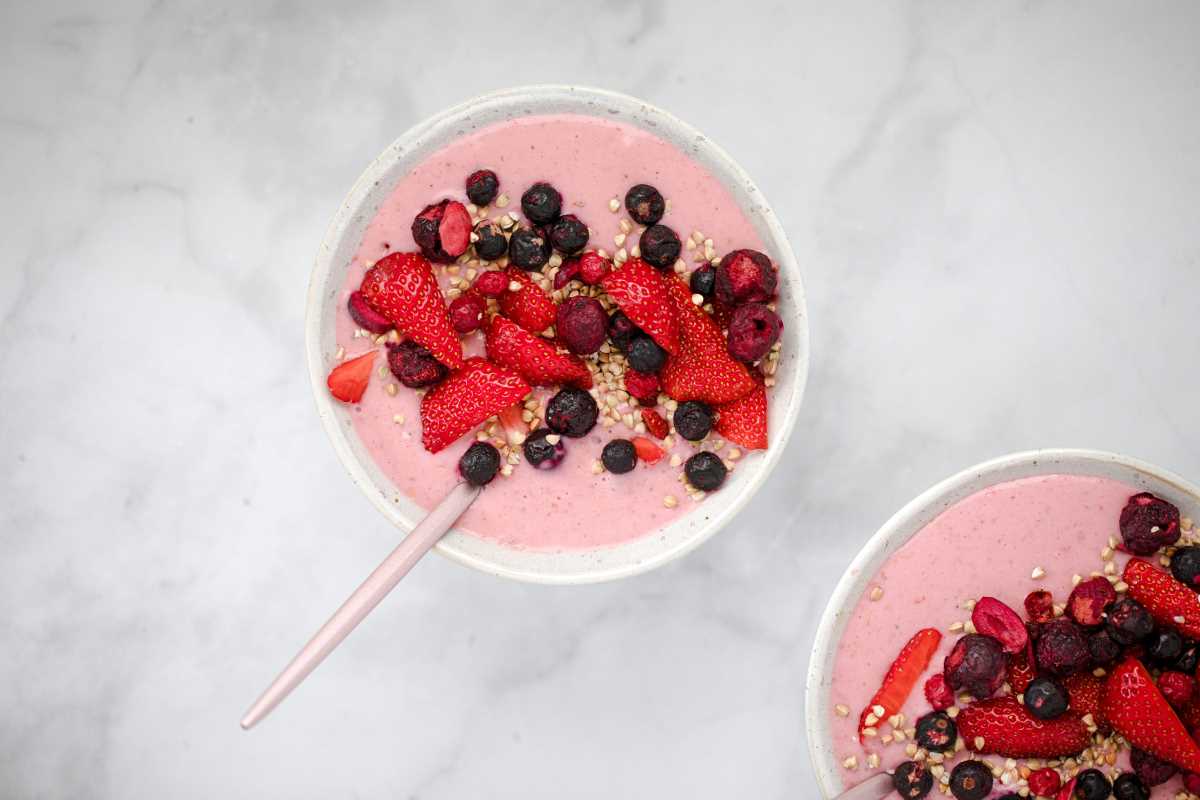Probiotics have been on everyone’s radar lately. You’ve probably seen them mentioned on yogurt commercials, heard colleagues bring them up during lunch breaks, or even spotted them in a random scroll through Instagram. They’re billed as tiny superheroes for your gut health, promising everything from better digestion to improved immunity. But with all the buzz, it’s no surprise that a truckload of myths have hitched a ride along the way.
These persistent misconceptions can leave you scratching your head and asking, “Are probiotics even worth it?” Today, we’re here to separate fact from fiction, clearing up the biggest misconceptions about probiotic supplements in plain, straightforward language.
Myth #1: All Probiotics Are the Same
This is one of the biggest myths out there, and it’s incredibly misleading. Saying all probiotics are the same is like saying all books are the same. Different probiotics contain different strains of bacteria, each with its own unique benefits.
Here’s the catch, though—not every strain works for every health issue. For example:
- Lactobacillus acidophilus is often associated with improving digestion.
- Bifidobacterium bifidum may help with immunity and maintaining a balanced gut microbiome.
- Saccharomyces boulardii, a type of yeast probiotic, is sometimes used to help with diarrhea caused by antibiotics.
Think of probiotic strains like tools in a toolbox. You wouldn’t use a hammer to tighten a bolt, right? Likewise, the efficacy of a probiotic supplement depends on using the right strain for your specific needs. When you’re browsing supplements, look at the labels, and pay attention to the strains included rather than just buying the first bottle with “probiotic” slapped on it.
Myth #2: Probiotics Work Instantly
Unfortunately, probiotics aren’t a magic cure-all. If you down a probiotic supplement and expect miraculous gut health by the next morning, you’re setting yourself up for disappointment.
Here’s the deal. For probiotics to work their magic, they first need to colonize your gut and improve the balance of good bacteria versus bad ones. And guess what? That takes time. Most people need at least two to four weeks of consistent use before they start seeing noticeable benefits.
Think of probiotics as a long-term investment in your health, not a quick fix. The bacteria need time to establish themselves and work harmoniously within your gut ecosystem. And if you’re using them for specific concerns like bloating or digestion, improvements may be gradual rather than overnight.
Myth #3: More CFUs (Colony-Forming Units) Means a Better Probiotic
Ever noticed bottles of probiotic supplements boasting “10 billion CFUs,” “25 billion CFUs,” or even “50 billion CFUs”? The CFU count refers to the number of live bacteria in the supplement. While a higher number might sound better, more doesn’t necessarily mean better.
Here’s why:
- Appropriate Dosage Matters. Different health conditions require different CFU amounts. For example, a probiotic for general digestion may only need 1-10 billion CFUs, while probiotics for more serious issues such as IBS (Irritable Bowel Syndrome) may need higher CFU counts.
- Quality Over Quantity. 50 billion CFUs won’t do much if most of the bacteria die during manufacturing or can’t survive the acidic environment of your stomach. Always choose brands that emphasize quality, proper storage, and survival of the bacteria through your digestive system.
- Right Strains Are Key. Even if a supplement has 100 billion CFUs, it’s meaningless if it doesn’t contain the right strain to target your specific concern.
Don’t be lured into thinking the highest number wins. It’s not a numbers game; it’s about matching the right CFUs with the right purpose.
Myth #4: You Don’t Need Probiotics If You Eat Yogurt
While yogurt is nutritious and does often contain probiotics, it’s not automatically a one-size-fits-all solution. Most store-bought yogurts contain just one or two strains of probiotics, and the CFU count may be relatively low. Plus, many commercial yogurts are loaded with added sugars, which can actually harm gut health if consumed in excess.
If your gut health needs a targeted boost, yogurt may not cut it. For example, people taking antibiotics—which can wipe out both harmful and beneficial gut bacteria—may need more concentrated probiotics than a cup of yogurt can provide.
That’s not to say yogurt doesn’t have its place. It can be part of a gut-friendly lifestyle, but it’s not necessarily a replacement for tailored probiotic supplements.
Myth #5: Probiotics Are Only For Digestive Health
This is probably one of the most common myths, and it significantly underestimates probiotics. While they’re famous for bolstering digestion, their benefits go far beyond your gut.
Here are some surprising areas where probiotics can help:
- Immune Health. A large portion of your immune system resides in your gut, and probiotics help maintain the healthy bacteria needed to fight off infections.
- Mental Health. Research into the gut-brain axis has found that probiotics may have an impact on mood, reducing symptoms of anxiety or depression in some people.
- Skin Health. Conditions like acne and eczema may be influenced by the balance of bacteria in your gut.
- Weight Management. Some studies suggest that probiotics may aid in weight regulation, helping to reduce bloating and support a healthy metabolism.
Probiotics are multi-taskers, so don’t pigeonhole them into being “just for digestion.”
Myth #6: Probiotics Always Work
One pill and you’re good? Not so fast! Probiotics aren’t a guaranteed fix for everyone, and several factors influence how well they’ll work for you. These include:
- Consistency of Use. Missing doses or taking probiotics irregularly may cut down on their effectiveness.
- Your Current Gut Flora. If your gut microbiome is significantly imbalanced, probiotics may take longer to show noticeable benefits.
- Your Lifestyle Choices. Eating a poor diet, not exercising, or living a high-stress lifestyle can reduce the potential benefits of probiotics.
Additionally, some probiotic supplements aren’t formulated well, with bacteria that don’t survive stomach acid or improper storage that makes the bacteria degrade before you even open the bottle. The upshot? Choose reputable brands and combine probiotics with healthy lifestyle habits.
Myth #7: You Can’t Take Probiotics While on Antibiotics
This myth couldn’t be further from the truth. Antibiotics wipe out harmful bacteria, but they also kill off your beneficial bacteria in the process. Taking probiotics during an antibiotic course can actually help maintain a healthier gut balance during and after treatment.
That said, timing matters. Take your probiotic at least two hours after your antibiotic dose to ensure the probiotic bacteria have a better chance of surviving.
How to Choose the Right Probiotic Supplement
Now that we’ve busted those myths, you’re probably wondering how to pick the right probiotic for you. Here are some tips:
- Identify Your Needs. Why do you want a probiotic? For general gut health, tackling bloating, improving immunity, or something else? Look for a supplement that aligns with your goals.
- Read the Labels. Check for the specific probiotic strains and CFU counts that match your needs. Avoid brands that don’t list this information.
- Look for Research. Reputable supplements often base their formulas on clinical research. Check the brand’s website or product packaging for studies confirming their claims.
- Storage Matters. Know whether your probiotic should be refrigerated or stored at room temperature. Improper storage can reduce the effectiveness of the bacteria.
- Test and Adjust. Not every probiotic will work for every person. Try one for a few weeks and monitor your results to see how you feel.
Probiotics might seem like a trendy health buzzword, but they’ve got solid science backing their benefits. However, they’re not a miracle cure for all your health woes. By clearing up these common myths, you can use probiotics more effectively, whether you’re aiming for better digestion, a stronger immune system, or even glowing skin.
 (Image via
(Image via





